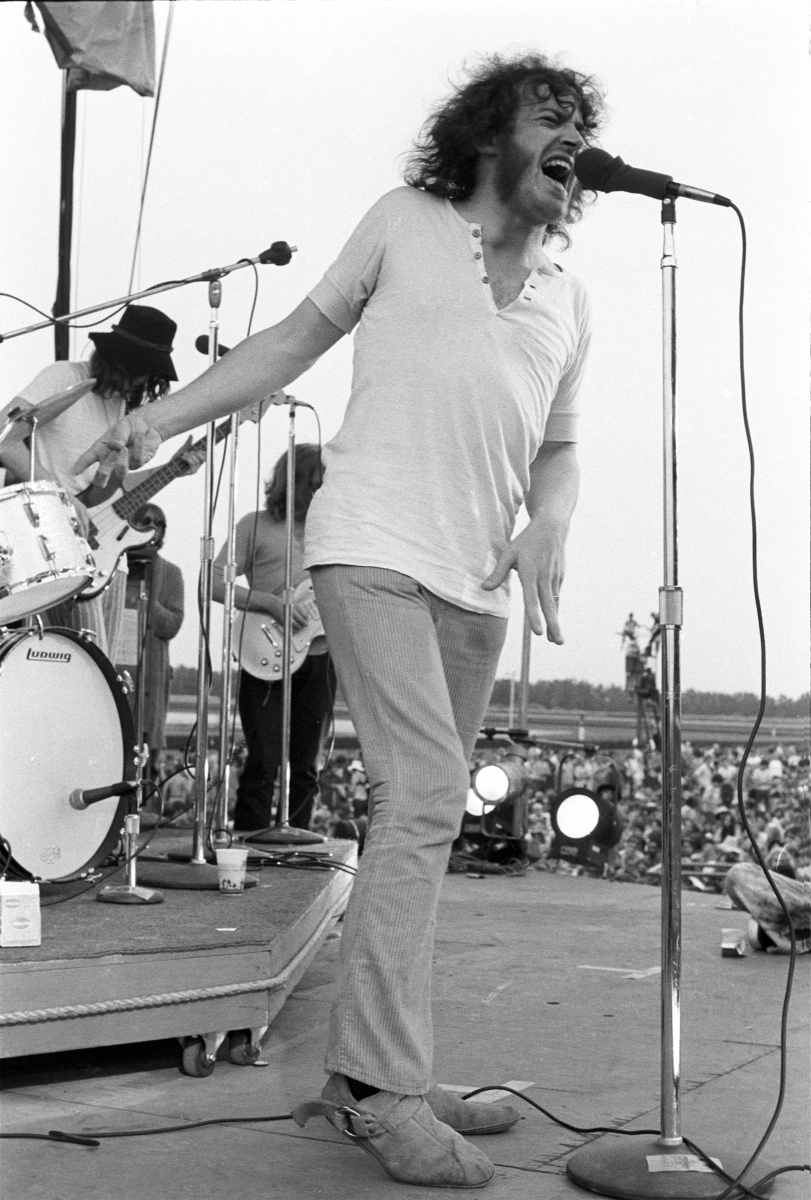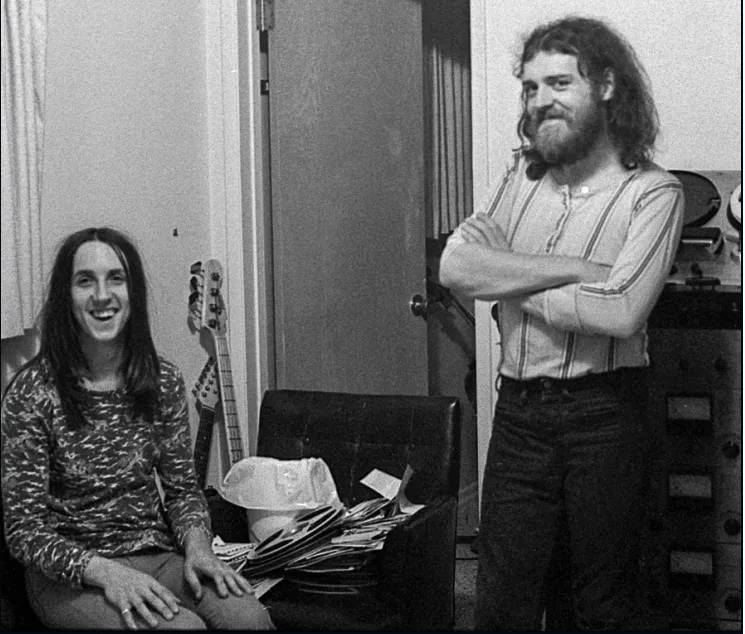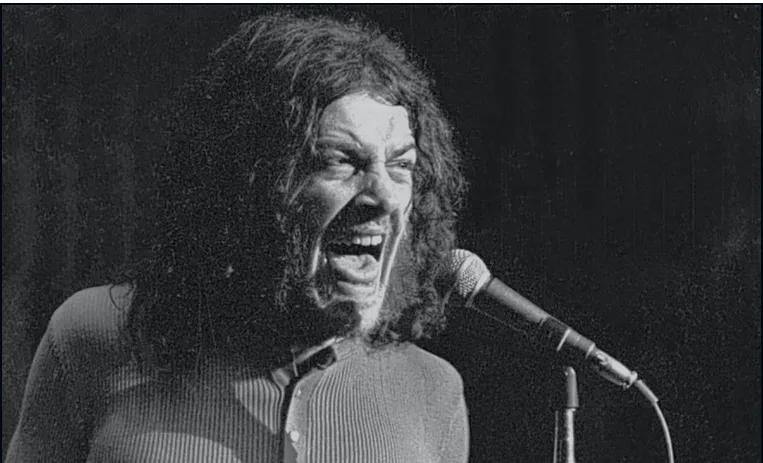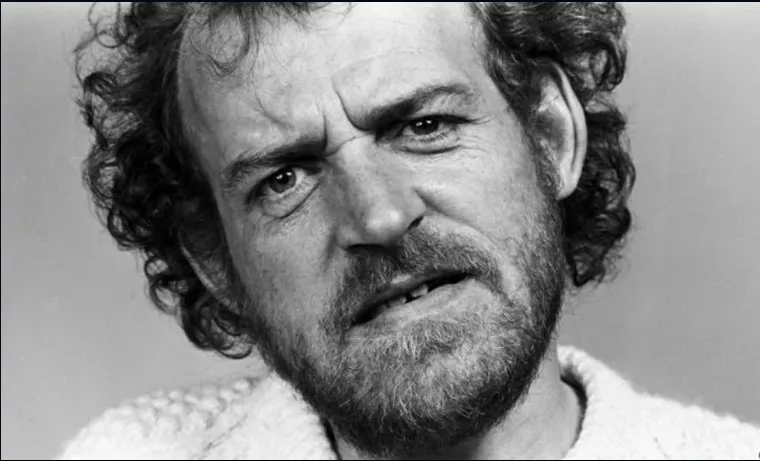Joe Cocker, the gritty-voiced, charismatic singer from Sheffield, England, is best remembered for his powerful renditions of other artists' songs.
From his iconic performance at Woodstock to his unforgettable cover of "With a Little Help from My Friends," Cocker made a significant mark on the music world.
But did you know that beyond his compelling covers, Cocker also composed several remarkable songs of his own?
Alongside his talented songwriting partner, Chris Stainton, Cocker added his unique voice to the landscape of music with compositions that stand the test of time.
Let’s dive deep into the world of music by Joe Cocker, exploring his songwriting journey and the magic he created with Stainton.
The Early Days

Joe Cocker began his musical journey in the early 1960s, performing in local clubs and pubs.
His powerful, raspy voice quickly garnered attention, and he soon emerged as a standout performer.
However, it wasn’t until the late 1960s that he truly made his mark with his soulful renditions of popular songs.
During these formative years, Cocker’s path crossed with Chris Stainton, a talented keyboardist and composer. This meeting marked the beginning of a fruitful partnership.
Stainton’s musicality complemented Cocker’s raw vocal power, and together, they embarked on a journey of musical experimentation and creativity.
Crafting Original Music
While Joe Cocker gained fame for his covers, he and Chris Stainton were also dedicated to creating original material.
Their collaboration in the studio was a blend of spontaneity and structured creativity.
Stainton’s prowess with the keyboard and ability to compose complex arrangements provided the perfect backdrop for Cocker’s emotive voice.
One of their earliest compositions, "Marjorine," showcases their seamless partnership.
Released on Cocker’s debut album, "With a Little Help from My Friends," the song features a rich tapestry of melodies and heartfelt lyrics.
It’s a testament to their ability to create music that resonates with audiences, distinct from the covers that initially defined Cocker’s career.
Albums that Featured Original Compositions
Throughout his career, Joe Cocker didn’t shy away from including his own compositions in his albums.
These tracks often added a personal touch, giving fans a glimpse into his artistic soul.
Let’s take a closer look at some key albums that highlight Cocker’s songwriting prowess with Chris Stainton.
“Joe Cocker!” (1969)
The album “Joe Cocker!” is a gem that features a mix of covers and original compositions. Tracks like "Something's Coming On" and "Change in Louise," co-written with Stainton, stand out for their originality and depth.
These songs encapsulate the rich emotion and raw energy that characterize Cocker’s music, proving that his talent extended well beyond interpreting other artists’ work.
“Mad Dogs & Englishmen” (1970)
While "Mad Dogs & Englishmen" primarily showcases live performances and covers, it’s worth mentioning for its cultural impact.
The tour supporting the album was a whirlwind of musical innovation, and it was during this period that Cocker and Stainton’s collaboration flourished.
The chaotic, energetic atmosphere of the tour inspired many creative moments, although they didn’t translate into studio recordings until later.
“Joe Cocker” (1972)
The self-titled album “Joe Cocker” from 1972 includes the song "Pardon Me Sir," another collaborative effort between Cocker and Stainton.
This track, with its bluesy undertones and soulful delivery, became a fan favorite. It illustrated their ability to blend various genres seamlessly, creating a sound uniquely their own.
The Dynamic Duo: Cocker and Stainton’s Chemistry

One of the key factors behind the success of music by Joe Cocker was the undeniable chemistry between him and Chris Stainton.
Their collaborative process was a beautiful confluence of ideas and mutual respect.
Stainton’s musical arrangements provided a rich canvas for Cocker’s vocal artistry to shine.
Stainton once mentioned in interviews that working with Cocker was both challenging and rewarding.
The spontaneous, almost improvisational nature of their sessions often led to magical moments of creativity.
This dynamic is evident in their compositions, where each track feels like a spontaneous outpouring of emotion and musicality.
Underrated Gems: Lesser-Known Tracks

While many fans are familiar with Joe Cocker’s popular hits, some of his original compositions remain lesser-known gems in his discography.
These tracks deserve recognition for their artistry and the insight they provide into Cocker’s creative mind.
One such song is "Shock Treatment," a powerful track from the album “Stingray” (1976). Co-written with Stainton, the song features a hard-hitting, soulful vibe, showcasing Cocker’s versatility as a musician.
The lyrics, imbued with raw emotion, reflect the struggles and triumphs that defined his life.
Another underrated gem is "High Time We Went,” also from the album “Stingray.” This track, with its infectious rhythm and captivating lyrics, highlights the synergy between Cocker and Stainton.
It’s a feel-good song that still resonates with fans, exemplifying their ability to craft timeless music.
Impact on Future Musicians
The influence of Joe Cocker’s compositions extends far beyond his own career. His music, particularly the songs he co-wrote with Chris Stainton, has inspired countless artists across various genres.
The raw emotion, soulful delivery, and innovative arrangements present in their work have set a benchmark for aspiring musicians.
Artists like Bruce Springsteen and Rod Stewart have often cited Cocker as an influence, drawing inspiration from his ability to convey deep emotion through music.
The collaborative spirit that defined Cocker and Stainton’s partnership also serves as a model for other musicians, emphasizing the importance of synergy and mutual respect in the creative process.
Live Performances: Bringing Originals to Life

One of the hallmarks of Joe Cocker’s career was his electrifying live performances.
The songs he composed with Chris Stainton often took on a new life on stage, infused with the energy and dynamism of a live audience.
Cocker’s powerful stage presence and raw, emotive delivery made his concerts unforgettable experiences.
Live renditions of original compositions like "Marjorine" and "Pardon Me Sir” showcased their versatility and the unique flavor they brought to each performance.
These live versions often featured extended improvisations, allowing Cocker to explore the emotional depths of each song.
Personal Reflections: Joe Cocker on Composing
Joe Cocker often reflected on his journey as a songwriter, expressing gratitude for the creative partnership he had with Chris Stainton.
In interviews, he spoke about the challenges and joys of composing music, emphasizing the importance of authenticity and emotional expression.
Cocker once remarked, “Writing songs was a way for me to express what I couldn’t say outright.
It was therapeutic, almost like writing a diary, but one that people could sing along to.” This sentiment is evident in the deeply personal and emotive nature of his original compositions.
A Lasting Legacy
Joe Cocker’s musical legacy is rich and multifaceted. While he is best known for his iconic covers, his original compositions with Chris Stainton deserve equal recognition.
These songs reveal a different dimension of Cocker’s artistry, showcasing his ability to convey profound emotion and create timeless music.
From the early days of “Marjorine” to the soulful depth of "Pardon Me Sir," Cocker and Stainton’s collaborative efforts have left an indelible mark on the music world.
Their compositions continue to inspire and resonate, reminding us of the profound impact that authentic, heartfelt music can have.
Whether you’re a longtime fan or new to Joe Cocker’s music, exploring his original compositions offers a deeper understanding of the man behind the voice.
It’s a journey filled with raw emotion, musical innovation, and the unmistakable spirit of rock and soul.



